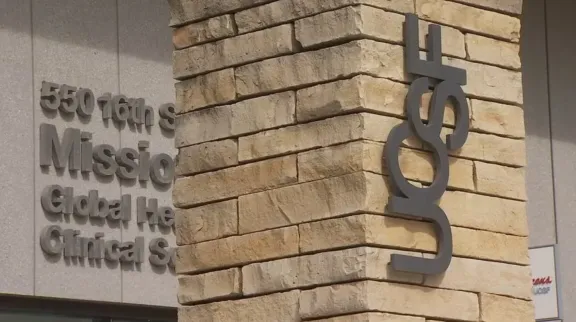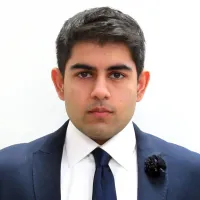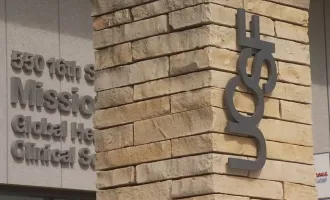
Brick by brick: A First-Generation Medical Student's Journey
As I sat at my childhood home during Thanksgiving break, the dissonance between my current reality and the world I left behind becomes glaringly apparent. Gurbinder Singh, a first-generation student, I found myself caught between two disparate worlds – the one I come from and the one I now navigate as a medical student.
Growing up, my family faced numerous challenges – substance use, untreated mental illness, and chronic stress defined our daily lives. My journey to college was a precarious one, a combination of luck, the university's proximity to home, and circumstances that allowed me to slip through the cracks where others in my family might never be as fortunate.
However, the transition to medical school thrust me into an entirely new dimension of society, forcing me to confront my identity in ways I had never imagined. The stark disconnect between my background and that of the majority of my classmates is a constant reminder of the difference of experiences. While my classmates are, without a doubt, some of the nicest people I've ever had the privilege to meet, subtle differences emerge in the way we think, behave, and experience the world.
This realization brought about a peculiar sense of guilt as I transitioned into this new social class. Despite accruing debt as a student, I acknowledged that I was already in a more privileged and secure position than my entire family combined.
As I visit home, the growing gap between my medical school life and my family becomes increasingly evident. While my classmates reminisce about private boarding schools, vacation homes, and leisurely weekend trips, my phone calls with family revolve around the latest financial burden, mental health crisis, or substance relapse.
The stark contrast extends to our hobbies; their lives filled with niche pursuits and constant busyness, while my main respite is returning to my garage and my tools, finding solace and satisfaction in creating and fixing things, to momentarily escape the harsh realities that surround me.
Expressing this sense of disconnection to my classmates feels challenging – embarrassment, shyness, and stress inhibit me. I recognize that everyone faces their own stressors, but the difficulty lies in bridging the gap between my experiences and those of my peers, whose lives seem worlds apart. Despite the school's assurances that we were all chosen for a reason and are meant to be here, I find myself grappling with feelings of not belonging.
I question the pursuit of a profession that propels me further into a world contrasting starkly with the majority of Americans, my family, and even our patients. The internal conflict intensifies as I contemplate becoming a physician, and treating patients who may face life-changing bills for the care we provide.
However, in the end, I find solace in the wisdom I've gathered along the way. Building a community of like-minded individuals and participating in programs for first-generation students provides a sense of belonging and support.
Embracing the journey and being proud of how far I've come keeps me grounded and motivated, while finding my passion and pursuing it wholeheartedly allows me to find fulfillment in my endeavors. Understanding that failure is a part of growth empowers me to persevere in the face of adversity. Remembering to enjoy the little things reminds me to appreciate the present moment and find joy in life's simple pleasures.
Ultimately, I realize that I am the architect of my own destiny, meticulously laying each distinctive brick of accomplishment, regardless of its size, with unwavering determination, integrity, and resilience. Despite the obstacles I encounter, I am reminded that my journey is exclusively mine, and I possess the ability to forge it into a purposeful and fulfilling mission.



